Is Cooked Beef Liver Good for You
We include products in articles we think are useful for our readers. If you buy products or services through links on our website, we may earn a small commission.
Eating Raw Liver: Benefits, Safety & How Often?
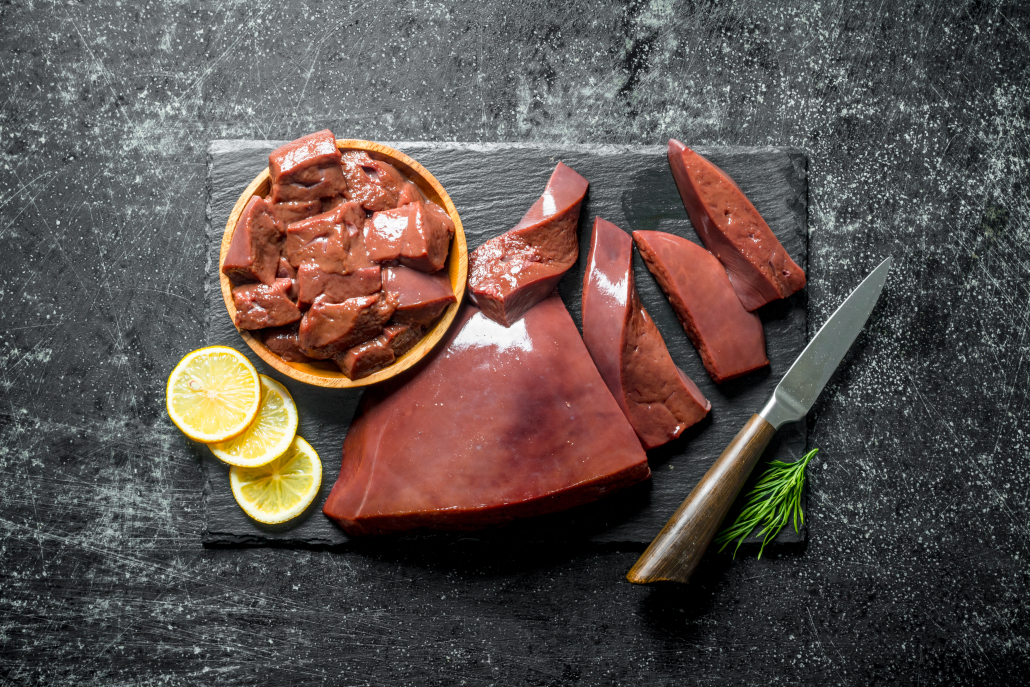
With the popularity of nose-to-tail eating and the carnivore diet , there's a renewed debate about eating raw liver. From a nutritional perspective, eating raw liver provides an extremely rich source of essential vitamins and minerals that support fertility, vision, energy, muscle building, and the immune system. However, some experts caution that raw liver may pose health risks.
Can You Eat Raw Liver?
While traditional cultures have consumed liver for centuries, in modern Western cuisine this superfood is often avoided because of its unique texture, pungent flavor, and aroma.
Raw liver has a jelly-like texture, bitter flavor, and contains a robust spectrum of minerals and vitamins including and array of B vitamins, and an incredibly high concentration of vitamin A.
Many people who eat raw liver also swear by its "anti-fatigue" properties. The ability of raw liver to dramatically enhance stamina was first discovered back in 1951 when rats fed liver swam significantly longer than a control group in a barrel of water [ 1 ].
However, according to the NHS, insufficiently cooked or raw meat carries illness-causing bacteria.
Chicken liver , pork liver , and beef liver may carry bacteria such as Campylobacter, salmonella, and E. coli.
Consuming these bacteria can lead to various digestive problems and food poisoning, even if consumed in small amounts.
What About Freezing Raw Liver?
Raw liver advocates often argue that freezing raw liver prevents bacteria in the liver from multiplying; however, the small amounts of existing bacteria are enough to cause food poisoning, diarrhea, and vomiting.
In an interview with the Sun, Clinical Director of Patient Access Dr. Sarah Jarvis stated that raw meat can cause severe illness, including diarrhea, dehydration, stomach pain, and vomiting. [ 2 ]
Research studying patients with Eosinophilia, found that, "Ingestion of raw animal liver has been suggested as a possible mode of infection of human toxocariasis." [ 5 ]
Eosinophilia is a condition of higher than normal disease-fighting white blood cells, often indicating a parasitic infection, allergic reactions, or cancer [ 6 ]
Beef liver has been found to contain a high amount of enterohemorrhagic E. coli O157 both on the inside and surface. In several countries, such as Japan, laws prohibit handling and serving raw of beef liver due to the health risks associated with it.
However, a 2022 study looking at the effects of Japan's law against serving raw beef liver found no significant reduction in the overall incidence rates of both asymptomatic and symptomatic EHEC infections [ 7 ]
Grass-Fed vs. Grain-Fed Raw Liver
If you choose to ignore the warning from health officials and decide to eat raw liver despite these risks, there is another factor to consider: The difference between grass-fed and grain-fed liver.
Research has found that feeding cows conventional GMO grains and treating cows with antibiotics can affect the quality and safety of the liver.
Antibiotics, high-density farming conditions, and toxin-rich diets can result in the development of scar tissue on the liver, reduced liver function, and the toxic substances in the tissue.
Studies also show that there are 4 times as much beneficial phytonutrient content in grass-fed beef liver when compared to conventional varieties [ 4 ].
Conventional American Beef Liver vs. New Zealand Grass-Fed Liver
The higher quality of grass-fed liver is reflected in nutrient data comparing New Zealand grass fed beef with conventional American beef liver.
According to the U.S. Department of Agriculture key nutritional differences include:
- Vitamin B12 – New Zealand beef liver provides 43% more than U.S.-raised beef liver.
- Vitamin B5 – New Zealand beef liver provides 44% more than U.S.-raised beef liver.
- Iron – New Zealand beef liver provides 72% more than U.S.-raised beef liver.
- Thiamin (Vitamin B1) – New Zealand beef liver provides 96% more than U.S.-raised liver.
- Vitamin A – New Zealand beef liver provides 459% more than U.S.-raised liver.
Eating Raw Liver Benefits
Though health officials recommend against eating raw liver for all the reasons stated above, it may still provide numerous and powerful benefits.
It's worth noting that these same, or similar benefits can be achieved by eating cooked liver and desiccated liver supplements .
Rich Source of Iron
Liver is one of the richest sources of the most absorbable variety of iron, called heme iron. Heme iron plays a key role in immune function, is essential to cognition, and factors in energy metabolism [ 8 ].
High in Folate
Folate is the natural form of Vitamin B9 and is essential for the formation and growth of healthy cells. But it isn't always easy to get in a standard american diet.
Folic acid, a synthetic nutrient, is often added to enriched flours and prenatal vitamins.
Unfortunately, our body cannot easily convert folic acid into folate. Beef liver is rich in usable folate which supports the creation and maintenance of healthy red blood cells, while supporting fetal brain formation and skull and spinal cord development [ 9 ]
Source of Concentrated Vitamin B12
B12 is found in significant amounts only in animal products [ 10 ], and raw beef liver has more B12 than any food on earth.
100 grams of raw beef liver provides 2471% of your recommended RDV.
B12 is necessary for nerve health, DNA and red blood cell production, and maintaining normal cognitive function.
In 2013 a high-quality randomized control trial found that supplementation of Vitamin B12 significantly improved depressive symptoms [ 11 ].
You don't have to worry about consuming too much B12. The body stores excess vitamin B12 in the liver, where it's stored for later use.
Rich in Fat-Soluble Vitamins
Fat-soluble vitamins are absorbed and utilized in the body when consumed with dietary fat, like that found in raw liver. Vitamins A, D, E, and K are fat-soluble vitamins. [ 12 ]
Eating liver is an excellent way to increase your intake of Vitamin D, especially in higher and lower latitudes, and during winter time when days are short, and people have less access to direct sunshine [ 13 ].
Vitamin D is essential to various body functions including the absorption of calcium and phosphorus, and your immune system. Sufficient vitamin D is critical for the growth of bones and teeth[ 14 ].
Benefit #5: Good for Dental Health
The pioneering dentist Doctor Weston A. Price found that traditional cultures who consumed liver and other organ meats had superior bone and dental health compared with cultures eating a modern Western diet high in added sugars and processed foods.
Much of these benefits are likely attributable to the richness of the fat-soluble vitamins we've explored above.
Benefit #6: Source of Trace Minerals
Trace minerals, also called micro minerals, are essential for growth and development. Our bodies require only a small amount of trace minerals, but they have a large impact on our health. Trace minerals support our nervous system, blood circulation, and the growth of various hormones. The liver is one of the best sources of trace minerals.
Raw, dried, and cooked liver are all high in copper, phosphorus, selenium, zinc and iron
100 grams of raw beef liver offers the following trace minerals
| Iron Magnesium Phosphorus Zinc Copper Manganese Selenium Choline | 4.9mg 18mg 387mg 4mg 9.8mg 0.3mg 39.7μg 333.3mg | 62% 6% 39% 27% 488% 16% 57% 61% |
How Often Should You Eat Liver?
Eating animal liver provides an excellent source of nutrients. However, the extremely high concentration of vitamin A and copper in liver can cause issues if over-consumed.
A 100 gram portion of beef liver contains more than 600% the recommended dietary intake (RDI) of vitamin A, and 400-700% the RDI of copper [ 15 ]
Vitamin A is a fat soluble vitamin that accumulates in your own liver. When levels become too high it can cause serious health issues, like dizziness, nausea, headaches, liver damage, and birth defects.
Overconsumption of iron can also result in symptoms of toxicity including nausea, vomiting and diarrhea.
Hower, the symptoms of eating too much liver are slow and chronic slow or chronic, rather than acute.
When eating liver it's important to check if any supplements you are taking contain nutrients found in high levels in liver.
For the reasons stated above, one should not consume liver more than 3 times a week. It is also recommended that total consumption remain below 100 grams. In the U.K. the health ministry advises 50 grams. However, this recommendation takes into account people who are also receiving vitamin A from multivitamins.
Eating Raw Liver: The Takeaway
Eating raw liver provides your body with one of the most nutrient dense foods on earth. However, most official health agencies recommend against eating raw liver due to the presence of bacterias that can lead to food poisoning.
You can receive many of the same benefits and nutrients from cooked liver, and dried liver supplements , without the risks.
Whether eating liver raw, cooked, or as a supplement, you're consumption should be limited less than 100 grams per week to avoid overconsumption of vitamin A, and copper, which can lead to uncomfortable and potentially serious health issues.
When following these guidelines eating liver is good for you and safe.
Source: https://www.doctorkiltz.com/eating-raw-liver-benefits/
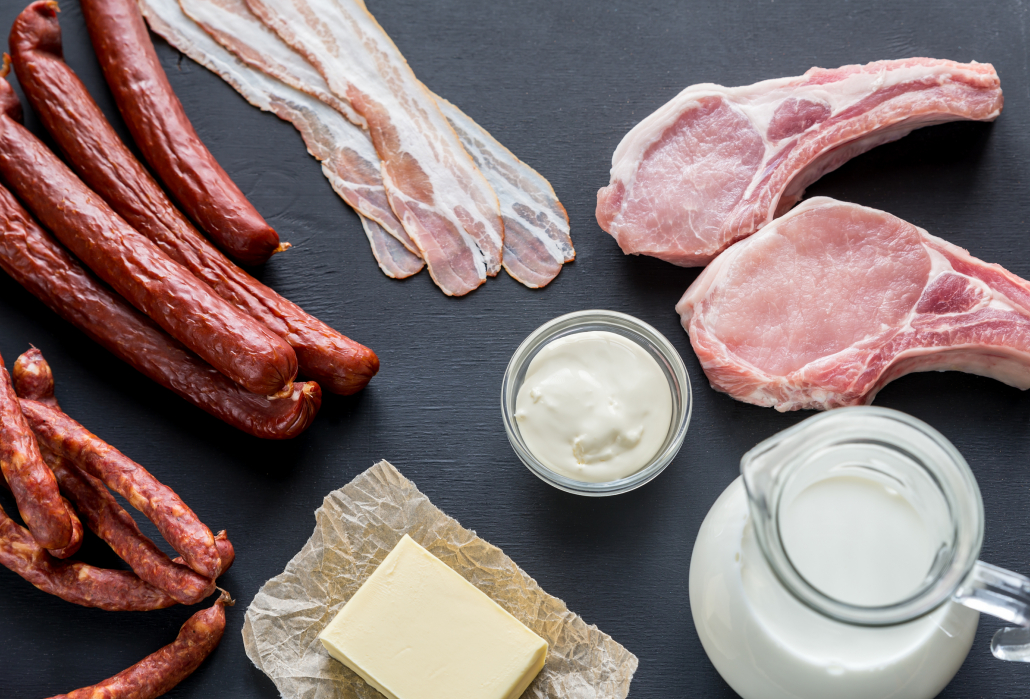
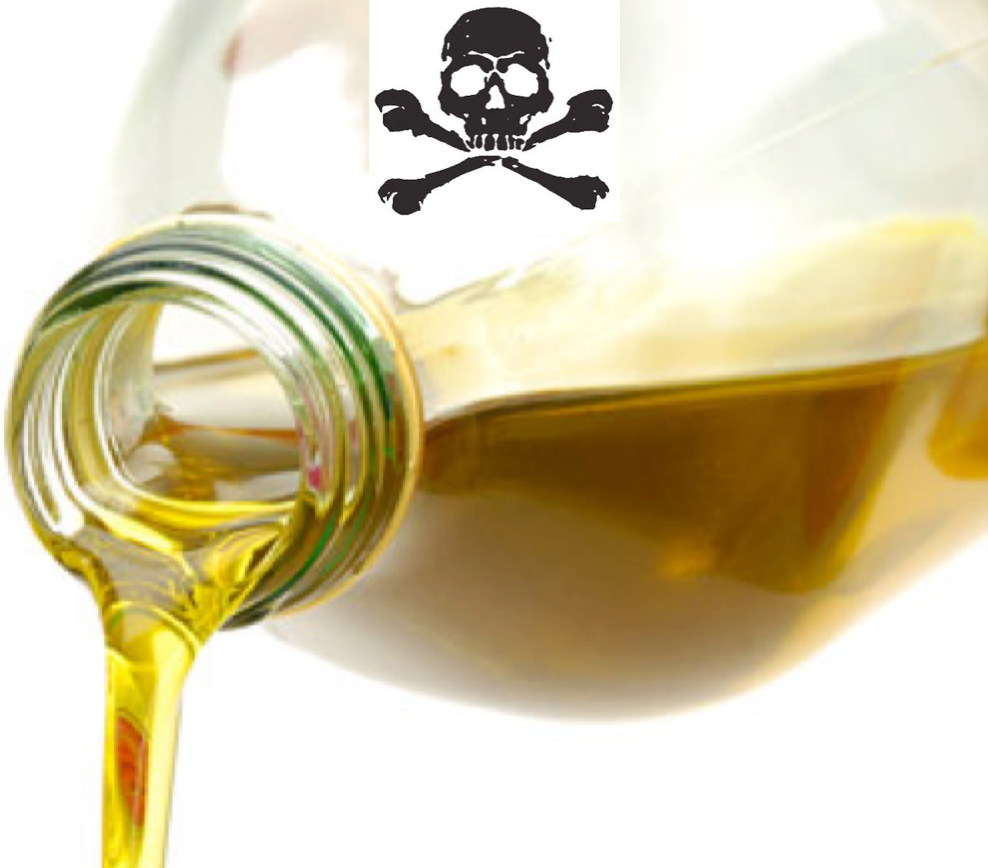
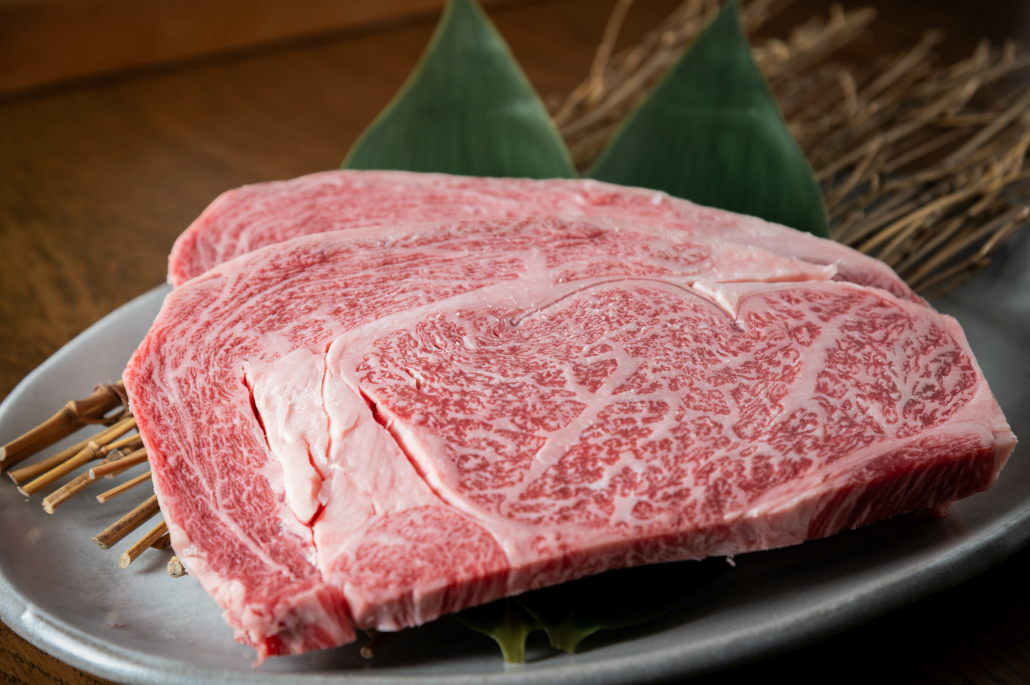
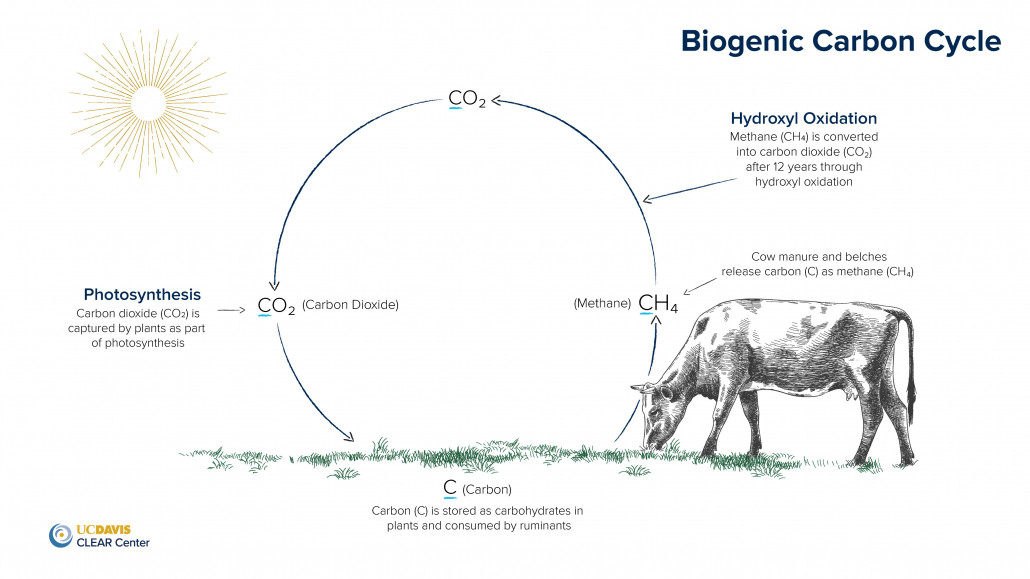
0 Response to "Is Cooked Beef Liver Good for You"
Post a Comment